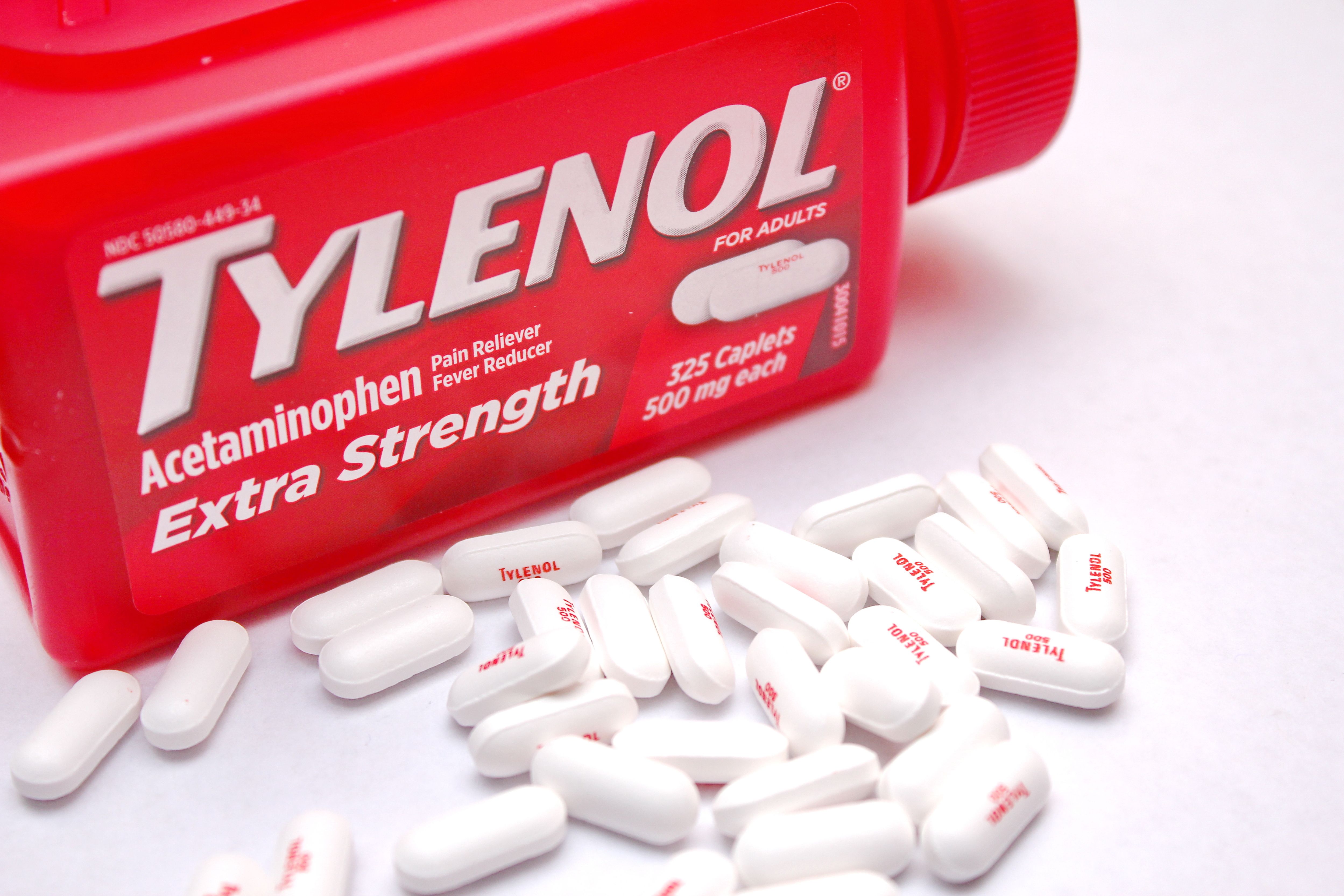- Center on Health Equity & Access
- Clinical
- Health Care Cost
- Health Care Delivery
- Insurance
- Policy
- Technology
- Value-Based Care
Trump Administration Flags Potential Link Between Prenatal Acetaminophen Use, Autism
The Trump administration highlighted a potential autism risk from prenatal acetaminophen use, but studies demonstrate conflicting evidence.
The Trump administration warned today of a potential link between acetaminophen (Tylenol; Kenvue) use during pregnancy and autism in offspring, though studies remain conflicting.
In a press conference this afternoon, President Donald J. Trump highlighted the rise in autism rates in the US, from 1 in 150 children in 2000 to 1 in 31 in 2022.1 He suggested that pharmaceutical and environmental exposures, particularly acetaminophen use during pregnancy, could be contributing factors.
As a result, he said the FDA will update acetaminophen labeling to reflect potential risks. The agency will also notify physicians about the potential association with autism, recommending that patients limit use during pregnancy unless medically necessary.
President Donald Trump highlighted a potential autism risk from prenatal acetaminophen use, but studies demonstrate conflicting evidence. | Image Credit: Birch Photography - stock.adobe.com

“Taking Tylenol is not good,” Trump said during the press conference. “They are strongly recommending that women limit Tylenol use during pregnancy unless medically necessary. That’s, for instance, in cases of extremely high fever, that you feel you can’t tough it out, you can’t do it.”
Kenvue rejected the claims linking acetaminophen to autism in a recent statement.2
"We have continuously evaluated the science and continue to believe there is no causal link between acetaminophen use during pregnancy and autism," the company said. "We advise expecting mothers to speak to their health care professionals before taking any over-the-counter medications, including acetaminophen."
Studies on Prenatal Acetaminophen Use Show Conflicting Evidence on Autism Risks
The president's claims were based on previous research, including a review published last month in Environmental Health.3 The researchers examined the association between prenatal acetaminophen exposure and neurodevelopmental disorders (NDDs), including autism spectrum disorder and attention-deficit/hyperactivity disorder (ADHD), in offspring through a systematic PubMed search.
A total of 46 eligible studies were identified. Of these, 27 reported significant links to NDDs, 9 showed no significant link, and 4 indicated protective effects. Although the review did not establish causation, most studies reported positive associations between prenatal acetaminophen use and ADHD, autism spectrum disorder, or NDDs in offspring.
Despite these findings, lead investigator Diddier Prada, MD, PhD, of the Icahn School of Medicine at Mount Sinai, urged women considering discontinuing acetaminophen to exercise caution.
“Pregnant women should not stop taking medication without consulting their doctors,” Prada said in a news release.4 “Untreated pain or fever can also harm the baby. Our study highlights the importance of discussing the safest approach with health care providers and considering non-drug options whenever possible.”
These findings contrast with a population-based study published in JAMA last year, which found no association between acetaminophen use during pregnancy and children’s risk of autism, ADHD, or intellectual disability in sibling control analyses.5
The nationwide Swedish cohort study examined 2.48 million children born between 1995 and 2019, of whom 7.5% were exposed to acetaminophen during pregnancy. While models without sibling controls showed marginally increased risks, sibling control analyses revealed no evidence of such associations or dose-response relationships.
“Acetaminophen use during pregnancy was not associated with children’s risk of autism, ADHD, or intellectual disability in sibling control analyses,” the authors concluded. “This suggests that associations observed in models without sibling control may have been attributable to confounding.”
Additional Updates and Future Efforts
During the press conference, Trump also addressed vaccine administration, suggesting the separation of the measles, mumps, and rubella vaccines, delaying the hepatitis B vaccine until age 12, and avoiding mercury and aluminum in vaccines.
To build on existing autism research, Trump said the National Institutes of Health will announce 13 major grant awards for autism data science initiatives. In addition, HHS will lead an all-agency effort to identify all autism causes, including toxic and pharmaceutical exposures.
“They have to move quickly,” Trump said during the press conference. “…Let’s do it now. Nothing bad can happen; only good can happen.”
References
- Data and statistics on autism spectrum disorder. CDC. May 27, 2025. Accessed September 22, 2025. https://www.cdc.gov/autism/data-research/index.html
- Sherman N. Tylenol-maker shares hit after report RFK Jr will suggest autism link. BBC. September 5, 2025. Accessed September 22, 2025. https://www.bbc.com/news/articles/cx25l92q9xgo
- Prada D, Ritz B, Bauer AZ, Baccarelli AA. Evaluation of the evidence on acetaminophen use and neurodevelopmental disorders using the Navigation Guide methodology. Environ Health. 2025;24(1):56. doi:10.1186/s12940-025-01208-0
- Mount Sinai study supports evidence that prenatal acetaminophen use may be linked to increased risk of autism and ADHD. News release. Mount Sinai. August 13, 2025. Accessed September 22, 2025. https://www.mountsinai.org/about/newsroom/2025/mount-sinai-study-supports-evidence-that-prenatal-acetaminophen-use-may-be-linked-to-increased-risk-of-autism-and-adhd
- Ahlqvist VH, Sjöqvist H, Dalman C, et al. Acetaminophen use during pregnancy and children’s risk of autism, ADHD, and intellectual disability. JAMA. 2024;331(14):1205–1214. doi:10.1001/jama.2024.3172
